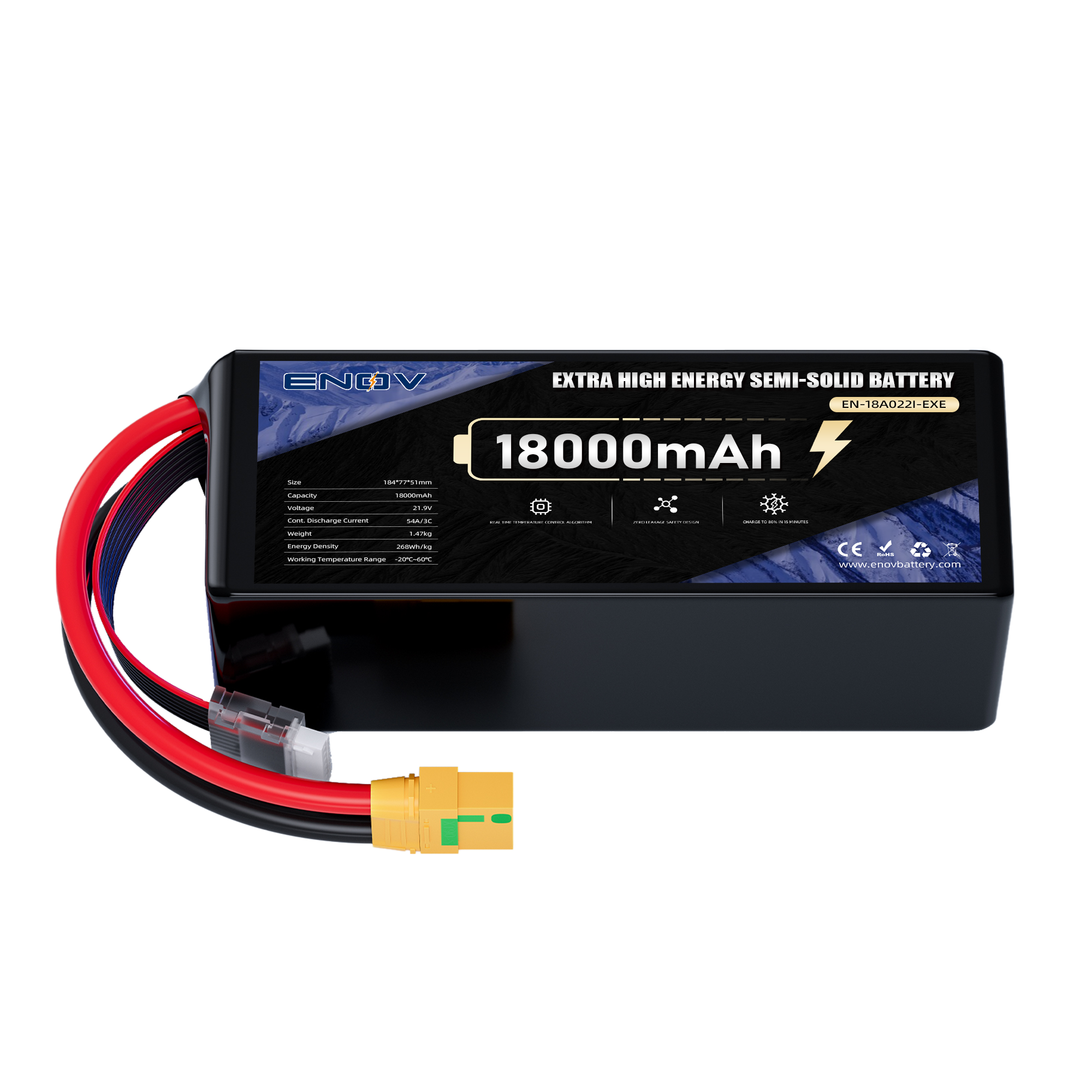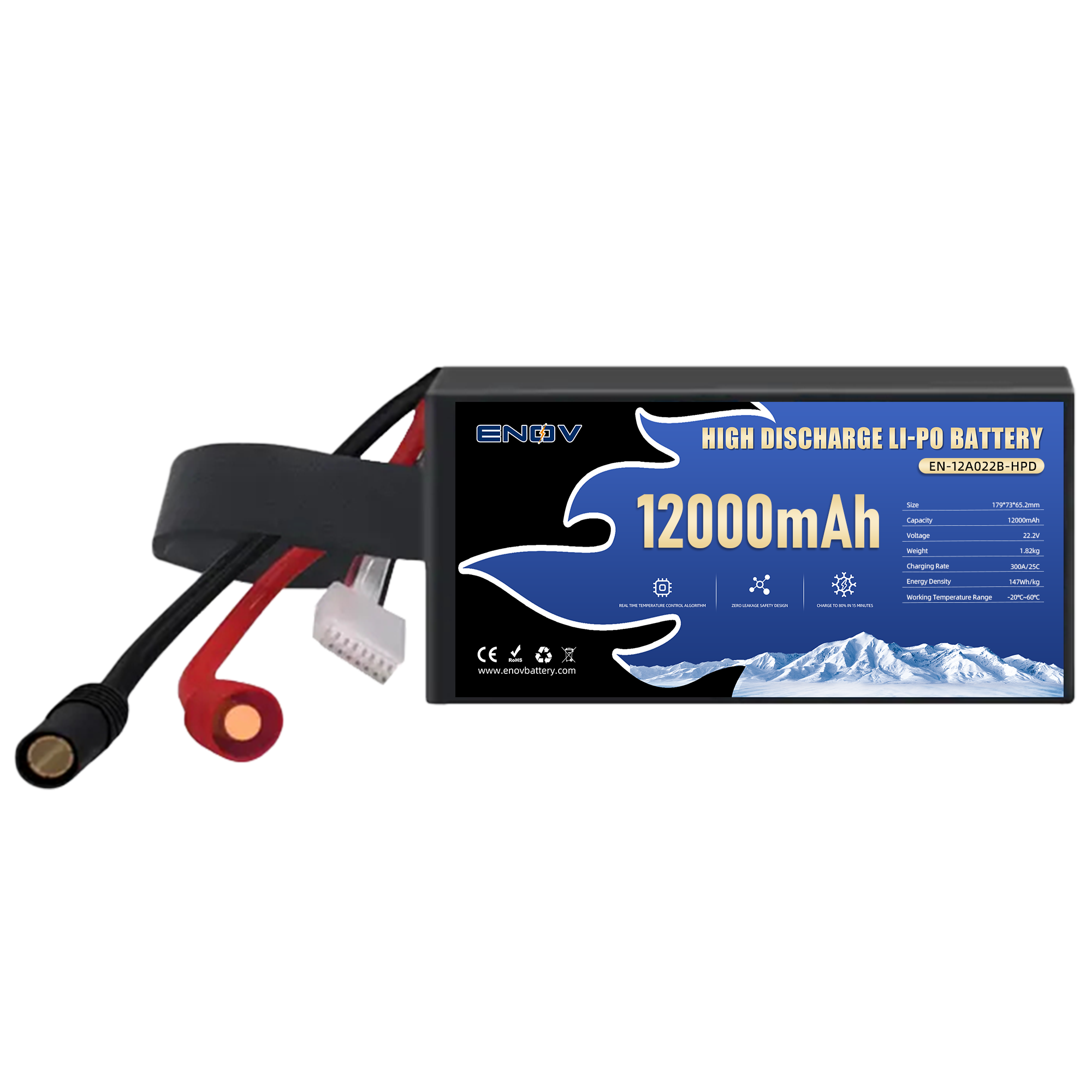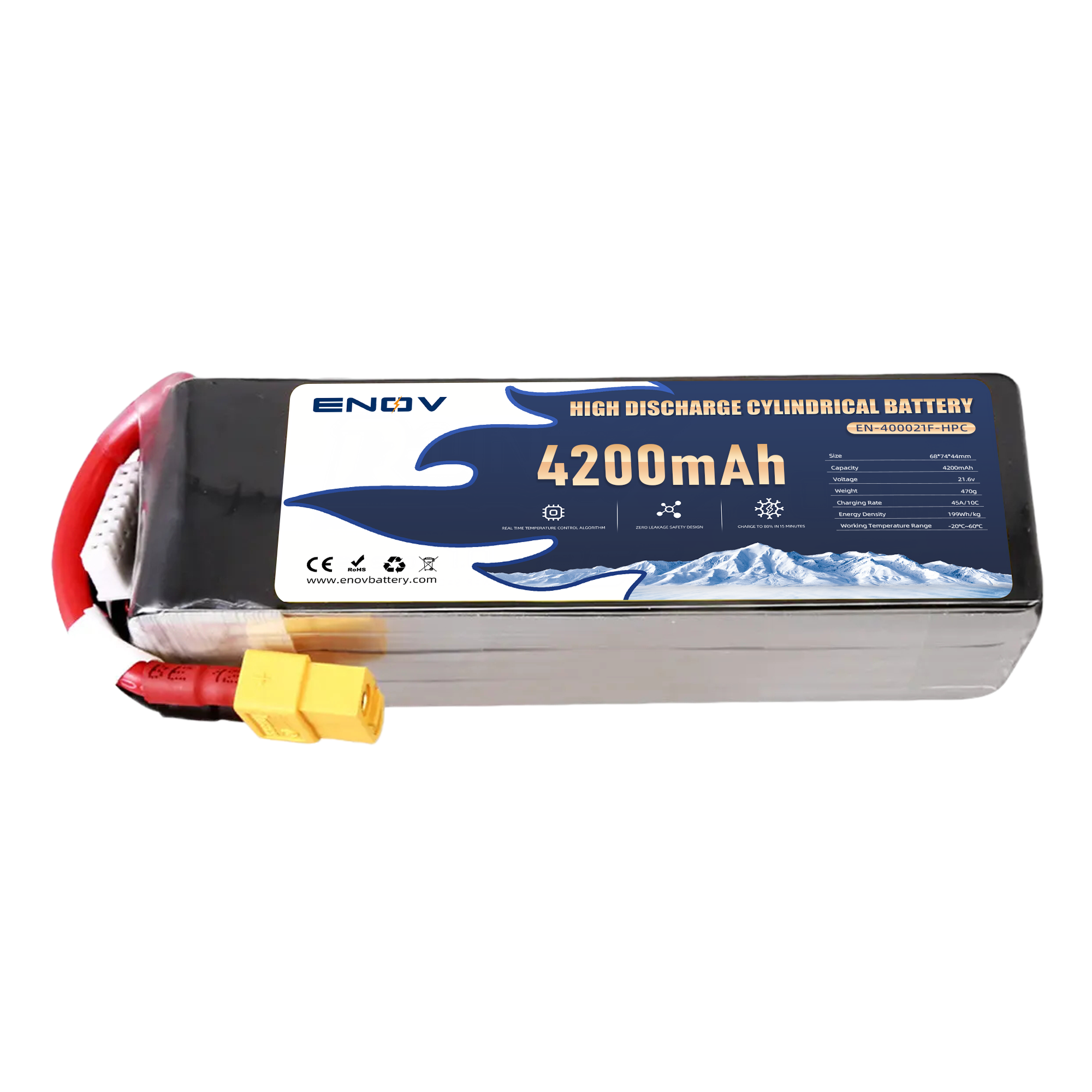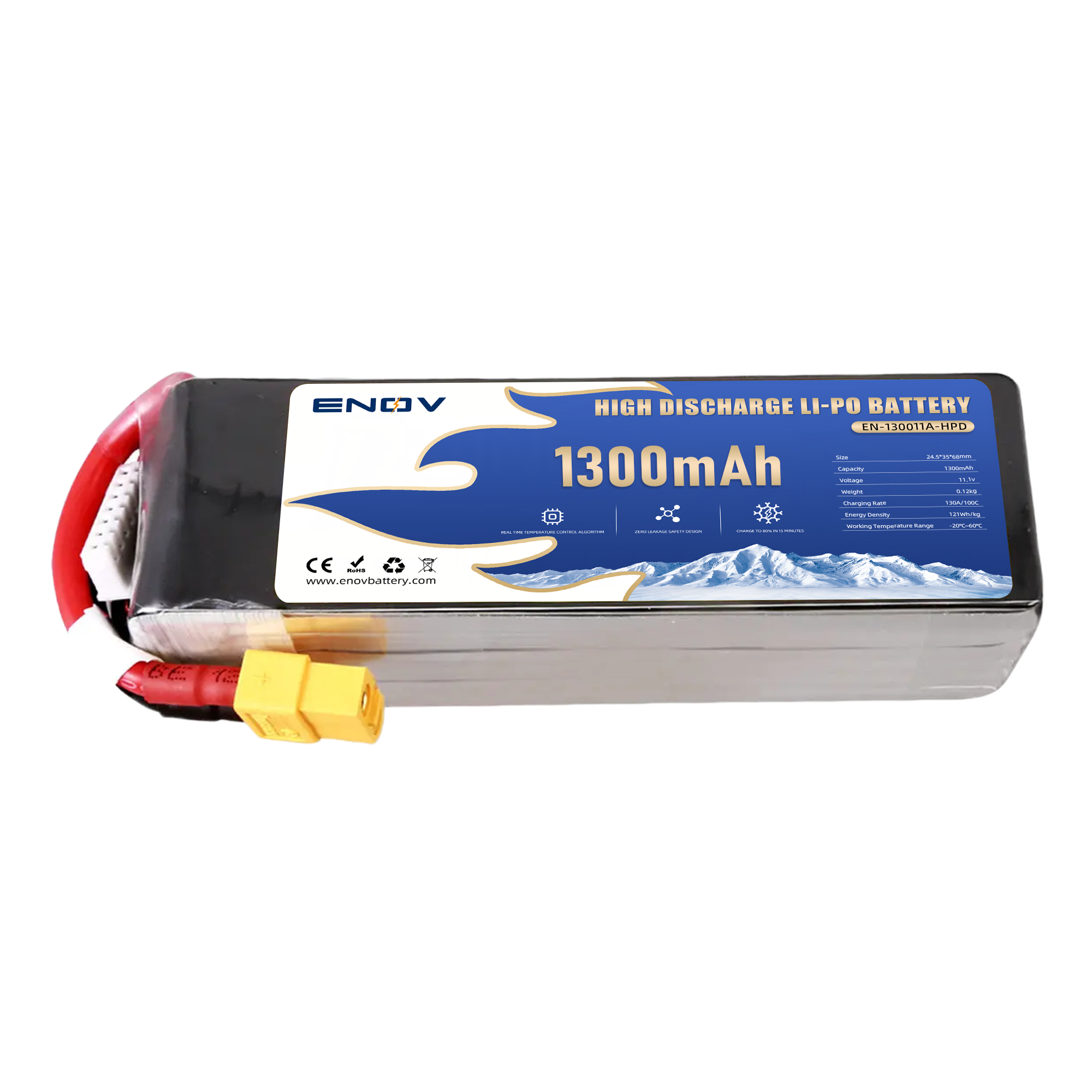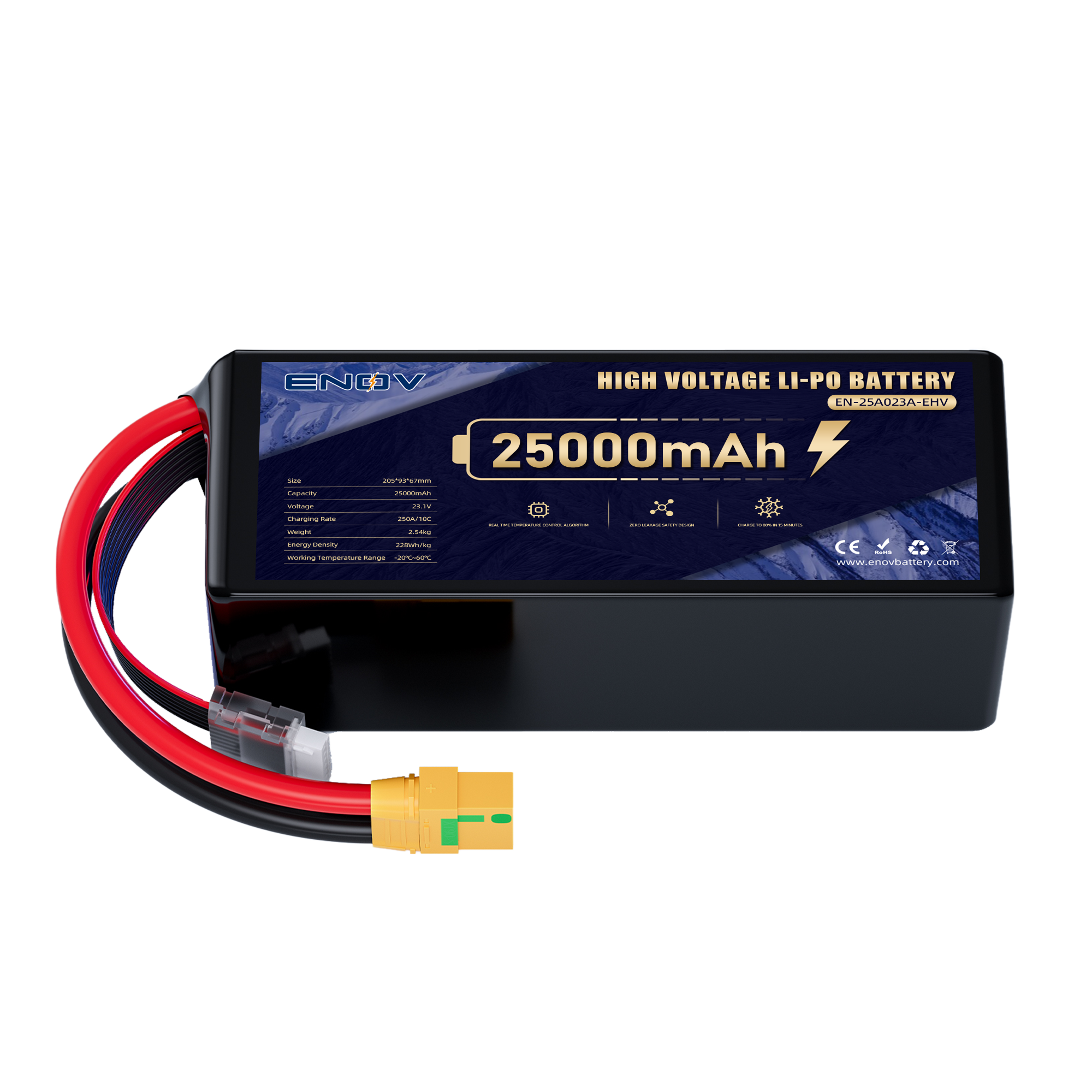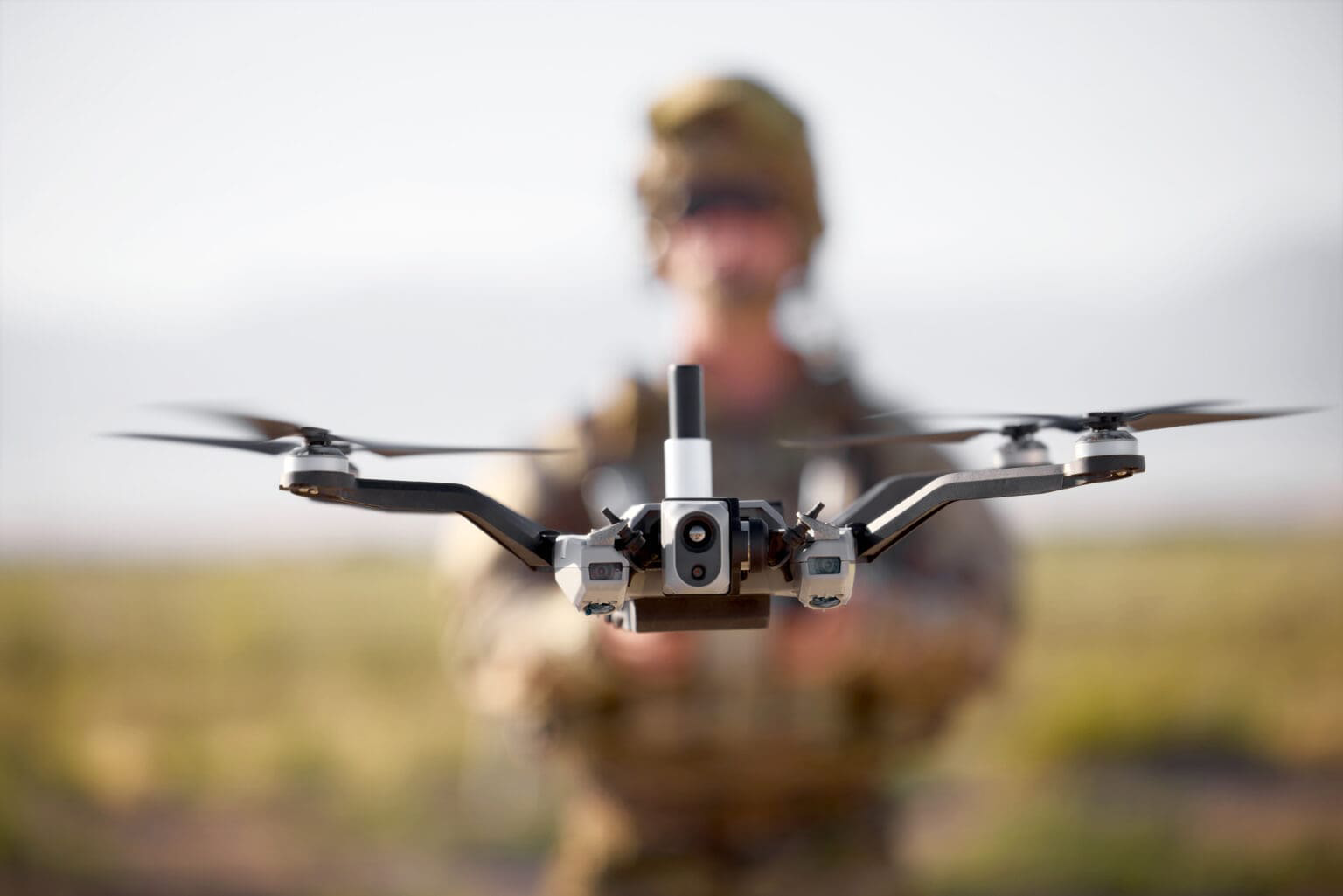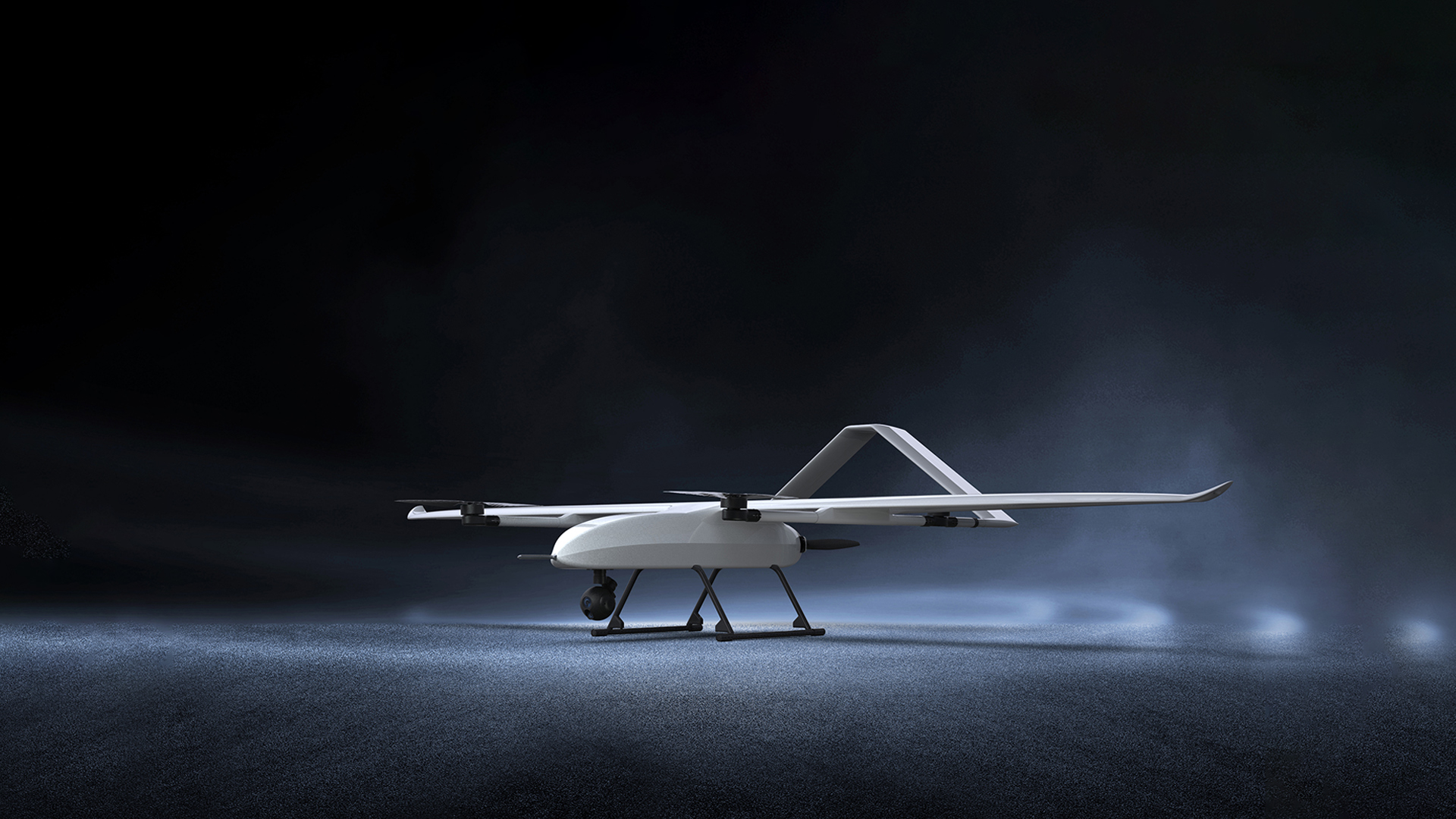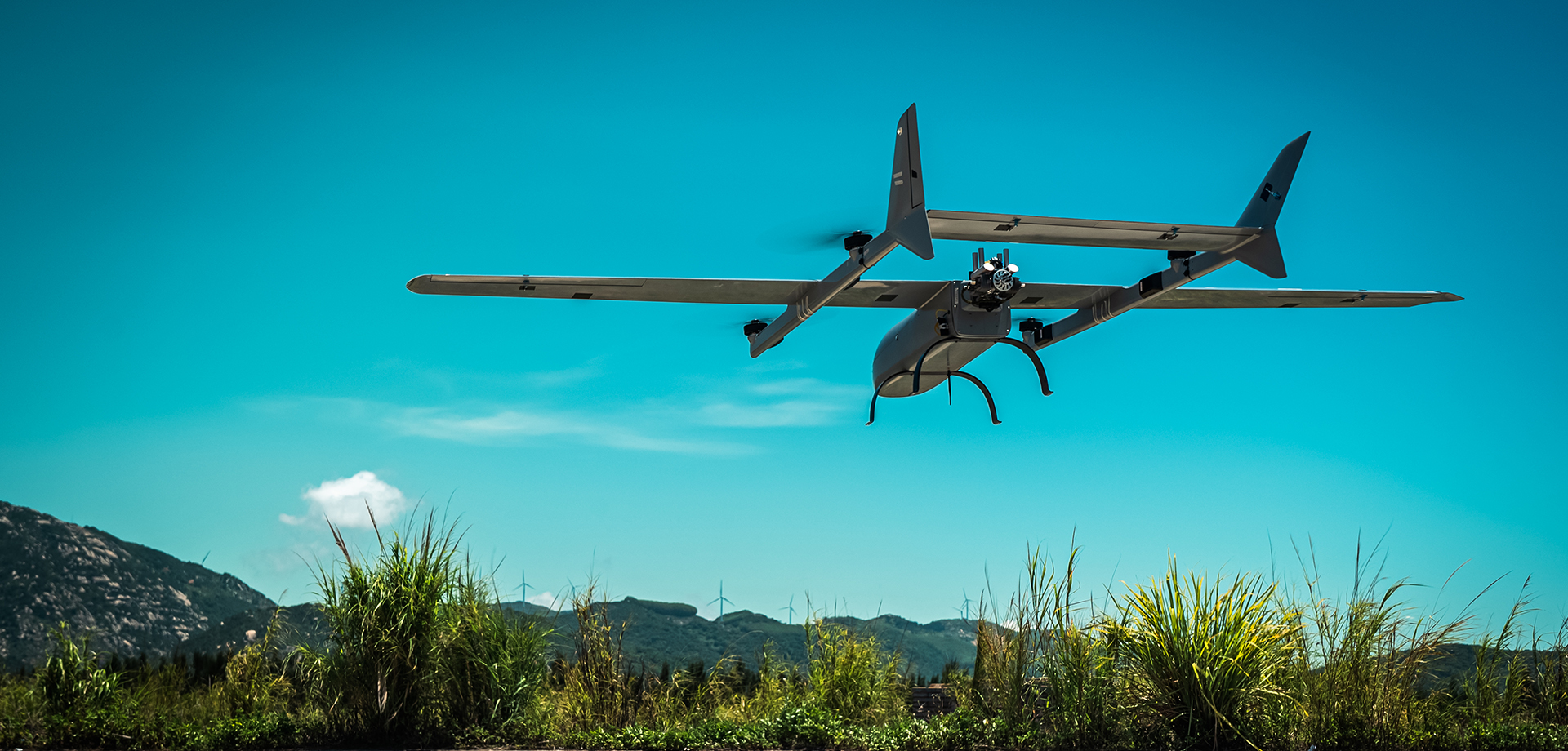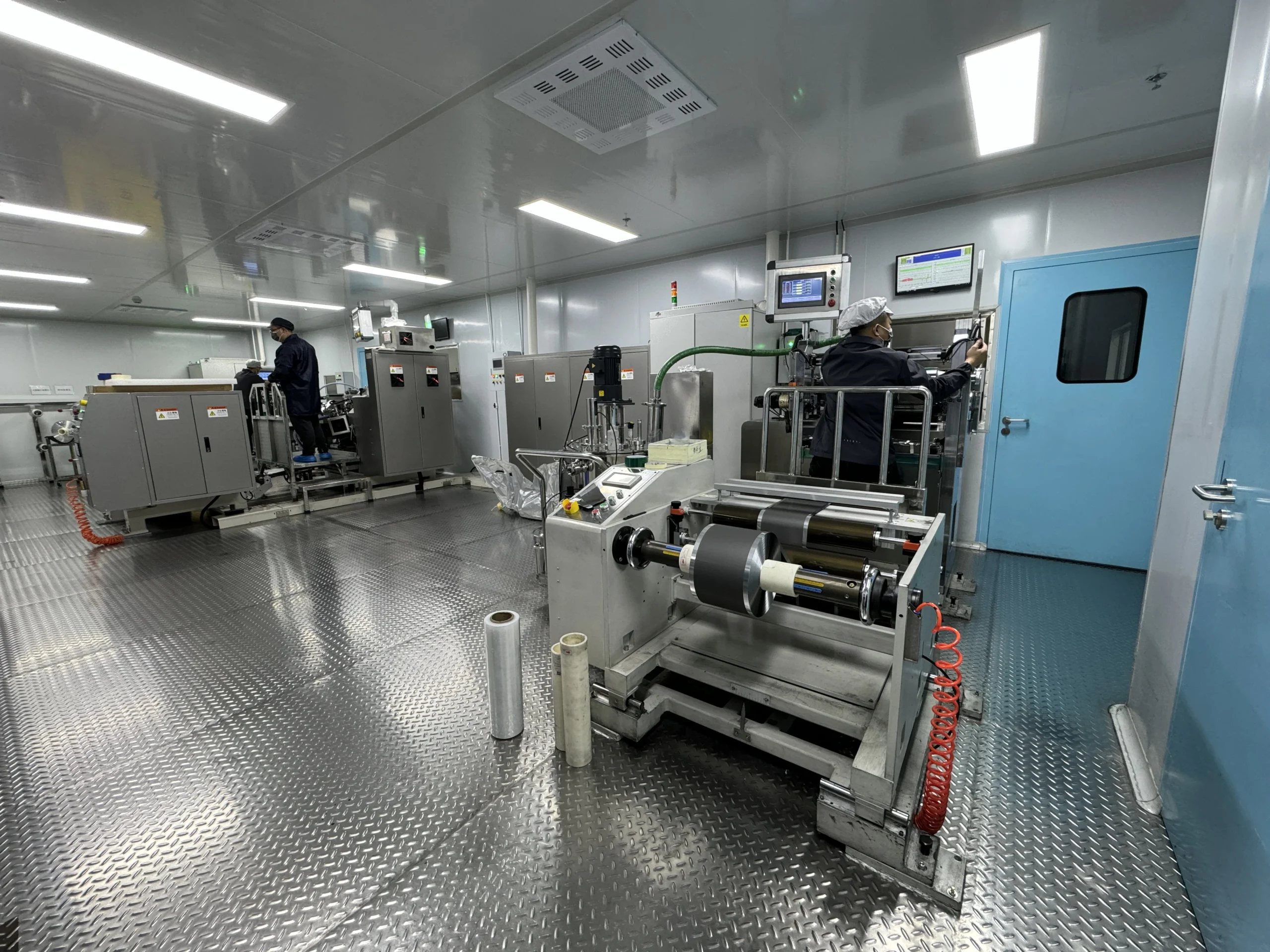LiPo Battery Safety Standards: What Every Drone Operator Should Know
LiPo (lithium-polymer) battery safety standards are essential for preventing accidents, maximizing performance, and ensuring compliance in drone operations. These batteries power most modern drones but require careful handling due to their volatile chemistry. Understanding key safety protocols—from storage to usage—protects both your equipment and those around you. This guide covers critical LiPo safety standards every operator must follow.
main content
Why LiPo Batteries Demand Strict Safety Protocols
LiPo batteries store high energy in compact designs, making them ideal for drones. However, improper handling can lead to overheating, swelling, or even fires. Unlike traditional batteries, LiPo cells lack rigid casings, leaving them vulnerable to physical damage. Adhering to safety standards minimizes risks and ensures reliable power delivery during flights.
Core Safety Standards for Storage and Transportation
Always store LiPo batteries at 50-60% charge in fireproof containers, away from flammable materials. Ideal storage temperatures range between 40°F–80°F (5°C–27°C). For transportation, follow UN38.3 certification requirements, which mandate impact-resistant packaging and voltage stabilization. Never expose batteries to extreme heat or direct sunlight, as this accelerates degradation and raises combustion risks.
Charging and Discharging Best Practices
Use only chargers designed for LiPo batteries, equipped with balance charging to maintain uniform cell voltages. Never leave charging batteries unattended, and avoid charging rates exceeding 1C (e.g., 5A for a 5000mAh battery). Discharge batteries to no lower than 3.0V per cell to prevent irreversible damage. Over-discharged batteries may fail to hold a charge or become unstable.
Handling Physical Damage and Swelling
Inspect batteries before and after each flight. Discard any with punctures, leaks, or significant swelling—a sign of internal gas buildup. Swollen batteries are prone to sudden failure and should be disposed of via certified e-waste programs. Never attempt to repair damaged LiPo batteries, as this risks short circuits or thermal runaway.
Emergency Protocols for Thermal Runaway
If a battery overheats or emits smoke, place it in a fireproof container outdoors immediately. Use sand or a Class D fire extinguisher—never water—to smother flames. Evacuate the area and contact emergency services if the situation escalates. Training team members in these protocols reduces injury risks and property damage.
Global Compliance and Certification
Reputable LiPo batteries meet international certifications like UL 2054, CE, and RoHS, ensuring adherence to safety and environmental standards. Always verify certifications when purchasing replacements. Non-compliant batteries may lack critical safeguards, increasing liability during accidents or inspections.
Future Innovations in LiPo Safety
Emerging technologies, such as solid-state electrolytes and smart battery management systems (BMS), aim to reduce LiPo risks. These innovations promise enhanced thermal stability and real-time fault detection. Staying updated on advancements helps operators adopt safer, more efficient power solutions.
Final Recommendations
Prioritizing LiPo battery safety standards safeguards your drone operations and fosters trust with clients or regulators. Regular training, proper storage, and certified equipment are non-negotiable for responsible drone use. By integrating these practices, operators mitigate hazards and extend the lifespan of their LiPo investments.
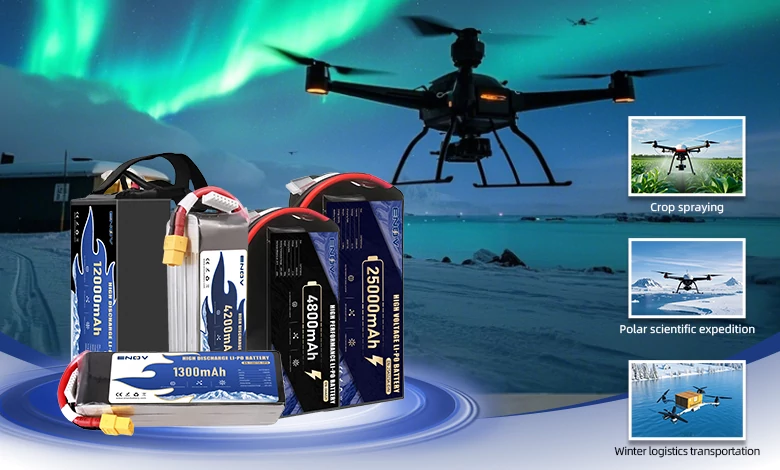
UAV DRONE battery
Enov UAV battery has the most advanced UAV battery new technology, it has a lightweight structural design, ultra-high energy density, stable continuous discharge, customized ultra-high instantaneous discharge, wide temperature working range, stable charge and discharge, battery materials can choose high nickel terpolymer positive/silicon carbon negative material system combined with semi-solid battery technology. Or choose a more mature application of more UAV lithium battery technology, available UAV battery nominal voltage 3.7V, capacity 18.0Ah ~ 30.0Ah, support 10C continuous discharge and 120C pulse discharge (3 seconds). With ultra-high energy density (220-300Wh/kg) as its core advantage, Enov UAV batteries can meet the needs of long-term endurance scenarios such as plant protection drones and transport drones, while maintaining stable emission performance in extremely low temperature environments (-40℃).
Other products
START-STOP LITHIUM BATTERY
LITHIUM ENERGY STORAGE BATTERY
QUICK INQUIRY
FAQ
Access to high frequency technical questions with one click, get accurate answers on product application, after-sales policy and customization process.
Service and Support
Get the latest product specifications, explore professional OEM/ODM customization services, click to open exclusive technical support and production solutions.
Become a Partner
We sincerely invite resources to interconnect, work together for win-win development, and immediately open a new chapter of strategic cooperation!
